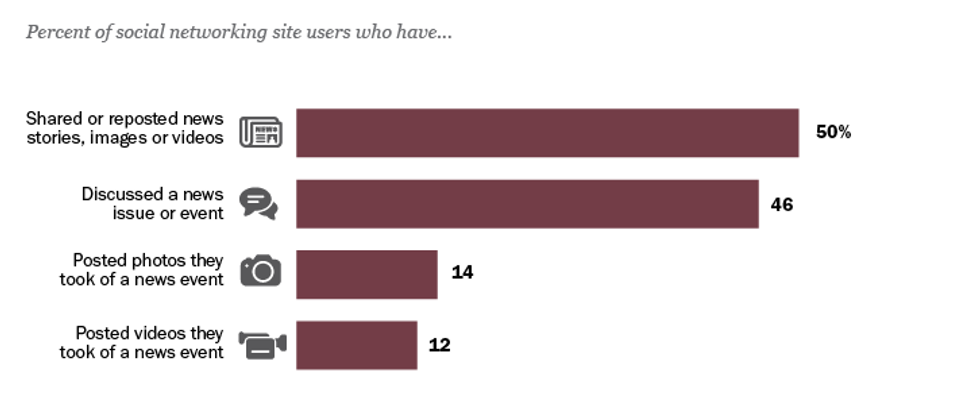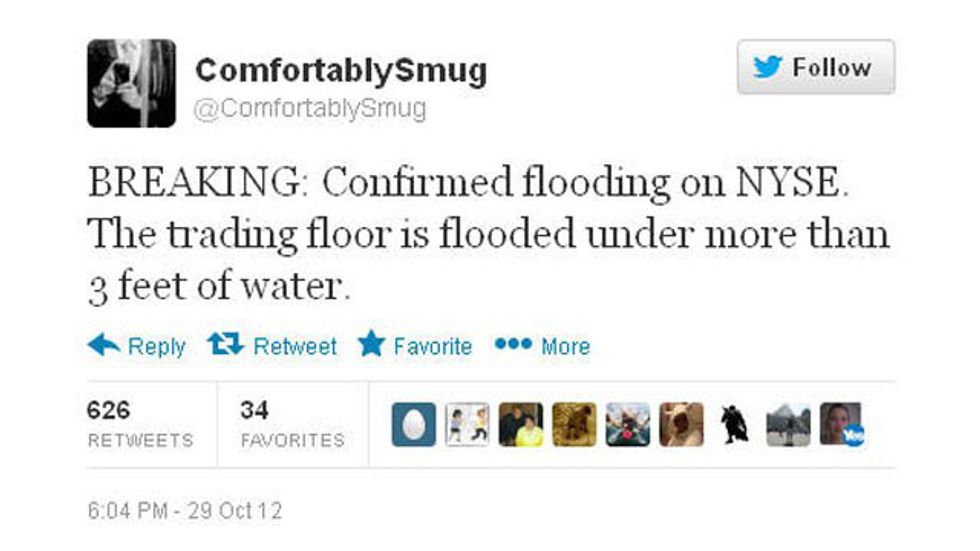For the first time in American history, a man with absolutely zero political experience (having never held a position in an elected office) has been elected president of the United States.
Right up until election day, Popular news outlets were predicting Secretary Hillary Clinton to win the election: The New York Times predicting an 85% chance over President-Elect Trump to win the election, The Huffington post predicting a 98% chance, and the Princeton Election Consolation predicting a chance greater than 99%.
“Donald Trump has rewritten the rules here”, said Dr. Margaret Grey, an associate professor in the Political Science department at Adelphi University. “The number of rules he’s broken that political scientists say is supposed to happen from the party-elite choosing a candidate, to needing to run television ads, to needing to go towards the middle in the general election...Donald Trump has really rewritten the rules.”
We didn’t see this coming because we were blinded by our social media interactions.
Today, we use social media not only as a way to connect with distant friends and family, or share cute-cat videos, but also to consume our news. According to the Pew Research Institute, half of social network site users have shared news stories, images or videos, and 46% have discussed news issues or events.
While it’s an effective way to stay in the loop, Social media is essentially an echo-chamber in a sense that more often than not your circle on social media contains individuals who share similar perspectives to your own. For example, in the weeks leading up to the election the majority of political content I stumbled upon was in favor of a Clinton presidency.
We like to hear the views of people who agree with us.
In addition, because of its nature, social media is not necessarily a credible source of information. When you publish content on social media, even if there is research behind your thoughts, there is no editorial process. No one is editing your Facebook status or checking your sources.
Social media provides a platform for massive misinformation because of its digital nature. You can witness an event, describe it in 150 characters or less, and send it out to the world. The scariest thing about this: People will generally believe you, because fact-checking takes far too much time in today’s society that values quickly paced information acquisition.
Back in October of 2012 during the wake of Hurricane Sandy, Shashank Tripathi, a hedge fund analyst and the campaign manager of Christopher R. Wight, a Republican candidate for the U.S. House of Representatives, published quite-literally-miss-information via twitter under the handle @ComfortablySmug:
At the time that screenshot was taken, with over 626 retweets and 34 favorites it can be assumed that at least 660 people were misinformed. When you factor in the followers of each individual retweeter or favoriter, the number is in the thousands.
Could misinformation from social media have shaped the election results? Perhaps.
Hillary Clinton For Prison 2016, a Facebook group with over 31,522 members, posted a link to the following article on Facebook post-election:
The article, published by GOP The Daily Dose, reports: “Investigators believe FBI agent, Michael Brown, 45, shot and killed his 33-year-old wife, Susan Brown, late Friday night before setting the couple’s home on fire and then turning the gun on himself.”
Brown is not dead, but assuming all 31, 522 members of the Facebook group saw this post, that is a lot of misinformation, and probably 31,522 people who were not voting for Secretary Clinton.
Whether or not you voted for him or not, President Elect Trump will be sworn into office soon. And while we may want to point a finger at the media for predicting a different outcome, we must first look at ourselves and the blindfolds our own social media have put on us.























